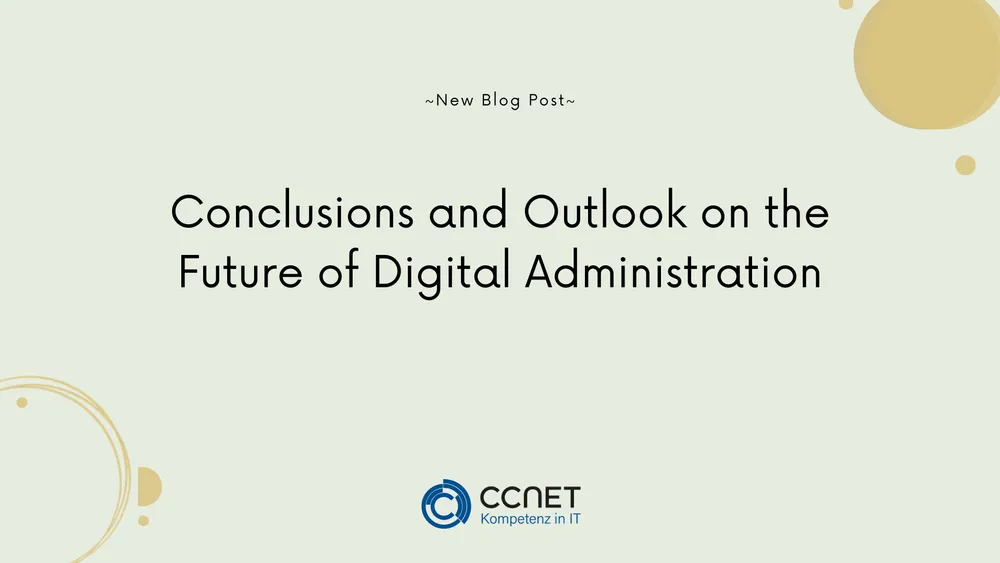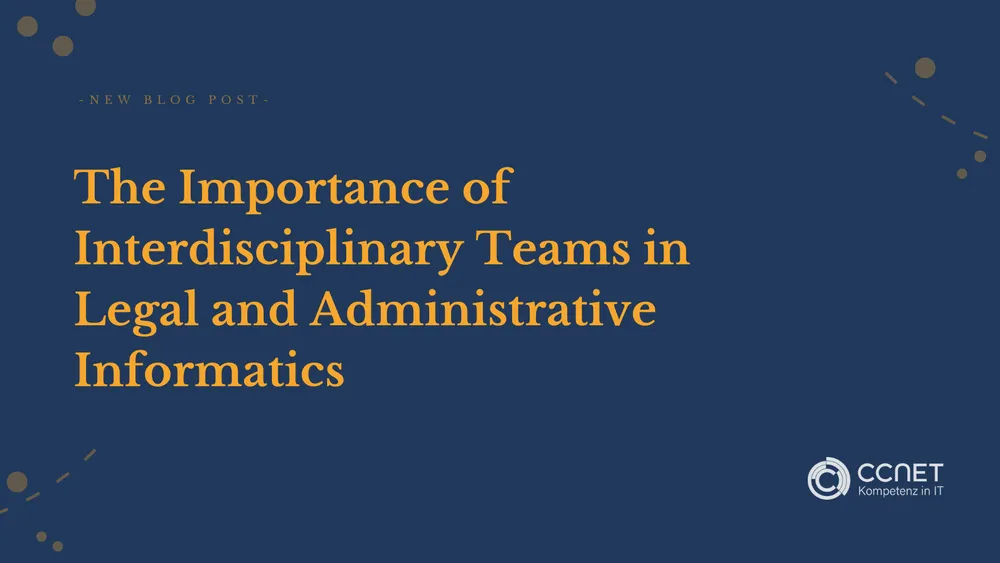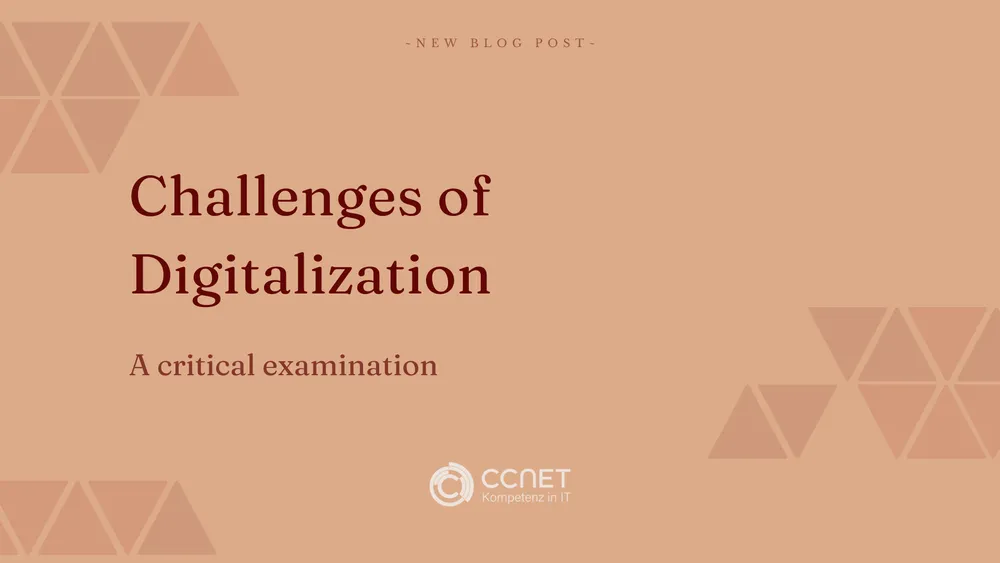
CCNet
Jul 19, 2024 • 3 min read

Technological Innovations and Their Impact on Administration
The rapid development of technological innovations has profound effects on administration and its operations. These innovations range from the digitalization of traditional processes to the implementation of advanced automated systems. This article explores various technological advances and their impact on administrative practices, especially in the area of public services. New technologies not only enhance efficiency but also offer opportunities for better citizen interaction.
Further information can be found here: Software-development
Technological Breakthroughs and Their Application
The introduction of information technologies into public administration has brought significant improvements in terms of efficiency, cost reduction, and service quality. Notable among these is the use of Artificial Intelligence (AI), which is applied at various stages of administrative processes, from data collection to decision-making. The integration of AI enables more precise analysis and more effective process design.
A significant example of automation in administrative practices is the fully automated process, which allows processes to be carried out without human intervention. These systems can, for instance, make automatic decisions in specific administrative areas, leading to faster and error-free processing while reducing workload. Additionally, these automation systems offer the potential for more efficient use of resources and cost savings.
From Partial Automation to Full Automation
Technology enables a range of automation levels. While some systems merely offer supportive functions, fully automated systems allow for complete takeover of certain administrative tasks. In Austria, for example, the "No-Stop-Shop" concept allows for automatic disbursement of family benefits without any application by citizens, leading to significant time savings.
Legal and Ethical Considerations
The integration of such technologies also requires legal adjustments to meet new digital realities. For example, the German Administrative Procedures Act has been amended to include provisions recognizing the fully automated administrative act, with certain safeguards for citizens to secure their rights and strengthen the legal framework.
Challenges and Risks
Despite the benefits these technologies offer, there are also challenges and risks, particularly concerning data protection, cybersecurity, and the potential creation of access barriers for less tech-savvy citizens. Additionally, the introduction of automated systems requires careful consideration of the implications for human labor and the need to continuously update the technical skills of employees. It's also crucial to consider ethical concerns and social impacts.
Future Prospects
It is expected that continued digitalization and automation will bring about profound changes in public administration. The future design of these technologies and the development of strategies that both foster innovation and uphold ethical standards and citizen rights will be crucial for the resilience and efficiency of future administrative systems. A holistic approach is needed to consider the long-term impacts on society.
Conclusion
The integration of advanced technologies into administration offers immense opportunities to improve efficiency and service quality. However, these developments also require continuous adjustment of the legal framework and careful consideration of social and ethical implications. The balance between technological progress and the core principles of public service will be one of the greatest challenges in digital administration. It's vital that this development is transparent and participatory to maintain citizens' trust.
How do technological innovations affect public administration?
Technological innovations improve efficiency, reduce costs and increase service quality in public administration. Artificial intelligence (AI) in particular is used to analyse administrative processes more precisely and make them more effective.
What is the difference between partial automation and full automation in administration?
Partial automation supports certain administrative tasks, while full automation enables tasks to be taken over completely, such as the "no-stop shop" system for the automatic payment of family allowances in Austria.
What legal adjustments are necessary to integrate technologies such as automation and AI into administration?
The Administrative Procedure Act has been amended to enable fully automated administrative acts, with additional safeguards for citizens to secure their rights and strengthen the legal framework.
What are the challenges of implementing automated systems in public administration?
Challenges include data protection, cyber security, dealing with less tech- e citizens and the need to continuously adapt staff training. Ethical and social implications must also be taken into account.
How do technological innovations influence the world of work in public administration?
Automation and digital technologies could reduce workloads and optimise resource use. However, the introduction of these technologies requires adjustments to work processes and employee qualifications.
How will the digitalisation and automation of administration develop in the future?
Digitalisation and automation are expected to continue and bring about profound changes in public administration. It will be crucial to find a balance between innovation, ethical standards and citizens' rights in order to ensure long-term resilience and efficiency.


